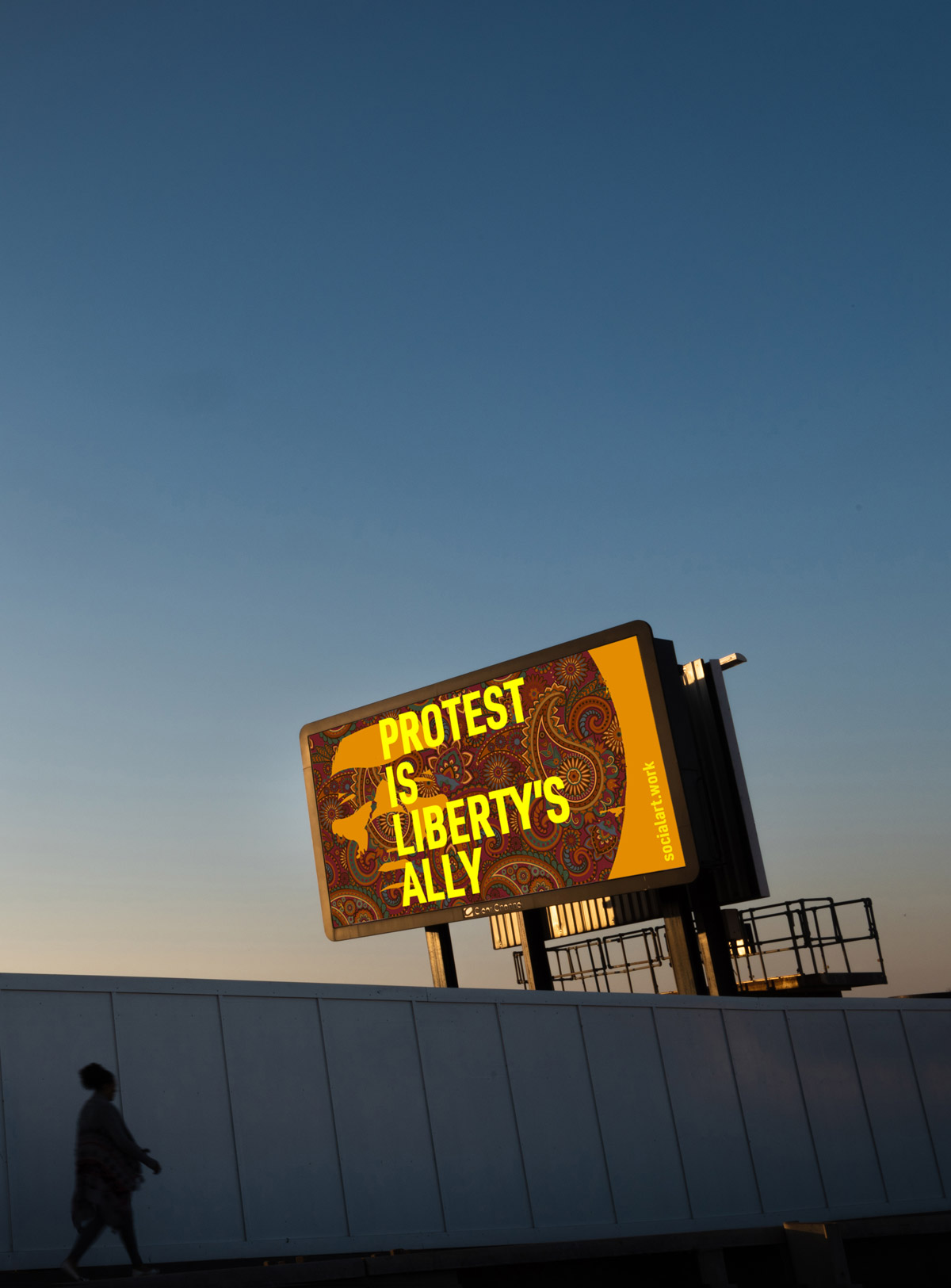We use the cookies _ga, _gat, _gid to collect anonymous data about how you use this site. OK.
Against a backdrop of rising populism, and revelations about the treatment of the UK’s ‘Windrush generation’,
NOTE
The Windrush scandal began in 2018 concerning people who were wrongly detained, denied legal rights, threatened with deportation, and in at least 83 cases wrongly deported from the UK by the Home Office. Many of those affected had been born British subjects and had arrived in the UK before 1973, particularly from Caribbean countries, as members of the 'Windrush generation' (so named after the
Empire Windrush,
the ship that brought one of the first groups of West Indian migrants to the UK in 1948).
As well as those who were deported, an unknown number were detained, lost their jobs or homes, had their passports confiscated, or were denied benefits or medical care to which they were entitled. A number of long-term UK residents were refused re-entry to the UK; a larger number were threatened with immediate deportation by the Home Office. Linked by commentators to the 'hostile environment policy' instituted by Theresa May during her time as Home Secretary, the scandal led to the resignation of Amber Rudd as Home Secretary in April 2018 and the appointment of Sajid Javid as her successor. The scandal also prompted a wider debate about British immigration policy and Home Office practice.
The March 2020 independent Windrush Lessons Learned Review, conducted by the inspector of constabulary Wendy Williams, concluded that the Home Office had shown 'ignorance and thoughtlessness' and that what had happened had been 'foreseeable and avoidable'. It further found that immigration regulations were tightened 'with complete disregard for the Windrush generation' and that officials had made 'irrational' demands for multiple documents to establish residency rights.
3 Billboards for Blair Peach
set out to commemorate a man who opposed racism even though he was not, himself, from an ethnic minority background.
The great american reformer, Dr Martin Luther King, counselled that equality was everyone’s responsibility.
NOTE
Martin Luther King Jr. (born Michael King Jr. 1929 – 1968) was an American Baptist minister, activist, and political philosopher. He was one of the most prominent leaders in the US civil rights movement from 1955 until his assassination in 1968. King advanced civil rights for people of colour in the United States through the use of nonviolent resistance and nonviolent civil disobedience against legalized discrimination. King said, 'I’m convinced more white people must join the movement against segregation in this country. The tensions in race relations in the United States today are not tensions between white and black people; they are tensions between justice and injustice, between light and darkness. If there is a victory, it will not be for just seventeen million Negroes; it will be a victory for justice, democracy and freedom.'
He urged the civil rights movement to embrace its white ‘brothers and sisters’, encouraging them to march side by side in a joint struggle for equality.
The 3 billboards in the
Blair Peach
series include the text
Protest Is Liberty’s Ally,
asserting the importance of demonstrations of solidarity.
Vibrantly expressed dissent can be regarded as a measure of a society’s health. When protests are crushed, curtailed or disallowed, for example, everyone knows a society is in trouble.
The text
Protest Is Liberty’s Ally
first appeared in the moving image work
May 1968
(2008.1)
and also recurs in the
Union City
series of 9 billboards
(2019.4.1 - 2019.4.9).



